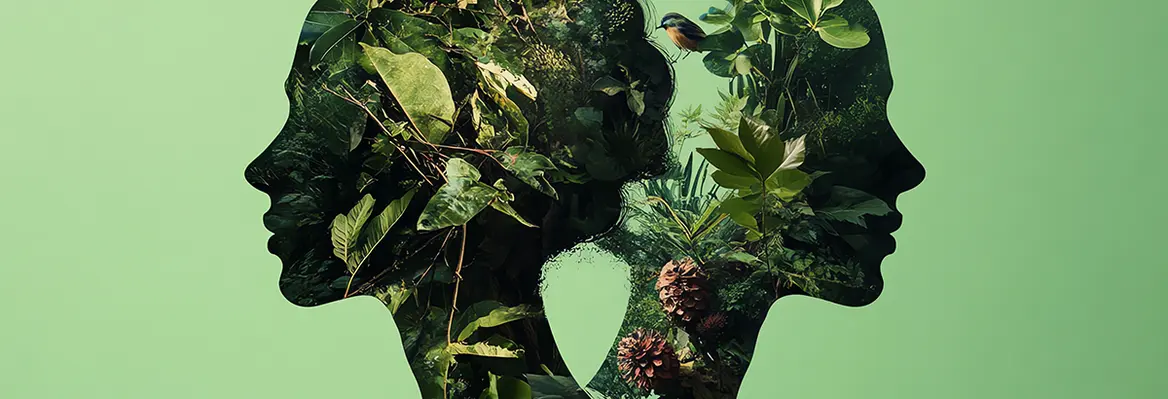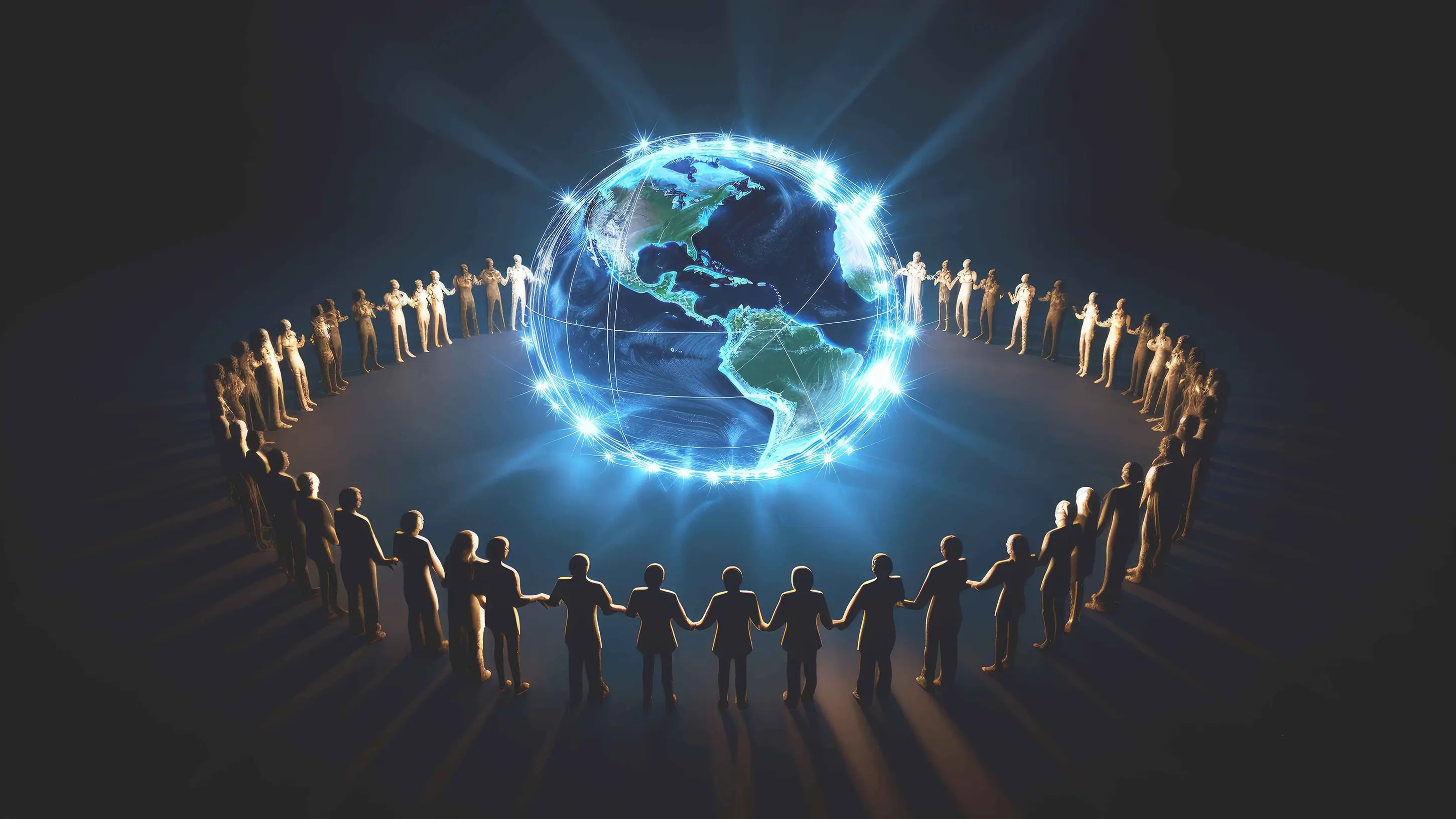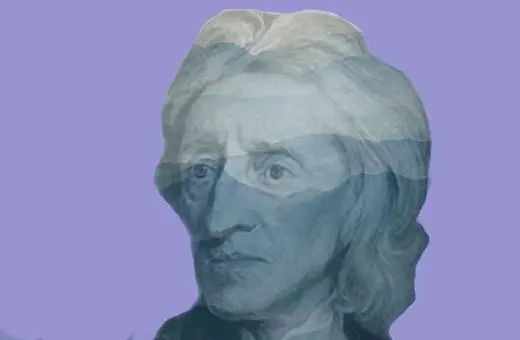Humans think they are special, unique, and the pinnacle of life, but according to Timothy Morton, this is a dangerous delusion. Because evolution is random and not goal-driven, humans are necessarily a part of nature, not superior to it. Anthropocentrism and humanism deny this basic fact and cause much misery and destruction in the process. Letting go of this belief isn't anti-human—it's the only possible way for the human species to survive on earth.
I’m going to convince you that it’s wrong to think that humans are the pinnacle of life on Earth—that they are special and different. I’ll also convince you that knowing this is a very, very good thing. Ready? You won’t be able to un-read this. I’ve been writing about it since I started in grad school in 1989.
A century before I went to Oxford, William Morris (he of the wallpaper designs) published News from Nowhere, a novel about a future communist utopia. News from Nowhere is a very “talky” novel, containing endless discussions about the way things were and the way things are. One of the characters makes a very good observation about the way human beings in the Victorian period used to see the thing we call “nature”:
Was not their mistake once more bred of the life of slavery that they had been living?—a life which was always looking upon everything, except mankind, animate and inanimate—‘nature,’ as people used to call it—as one thing, and mankind as another, it was natural to people thinking in this way, that they should try to make ‘nature’ their slave, since they thought ‘nature’ was something outside them.
But isn’t this still true? If we are offended by slavery, if our ancestors have suffered from it, if we are inheritors of its legacy in any way—and I would argue that this means all of us here on planet Earth—then we ought to be equally offended by mastery. Slavery and mastery go together like a horse and carriage. How we treat one another is how we treat the biosphere. Anthropocentrism is the idea that human beings are the center of all life, and deserve therefore to be the masters of all creation.
Mastery implies some kind of ownership. Thinking of the rest of the biosphere as human property, which can therefore “work” to enrich us no matter what for nothing in return… this is a “teleological” idea, an idea with an aim, a direction. Nature is pretty aimless, however. When you put something with an aim to work on something without an aim, the latter will get munched down to nothing. For this reason alone, human beings should rethink their attitudes to life on earth (and rivers, and mountains, and…).
Yes: nature is aimless. Evolutionary theory teaches us this. Evolution has three drivers: genetic mutation, symbiosis, and sexual selection. Each one is aimless, or, to put it another way, non-teleological. Let’s investigate.






















Join the conversation